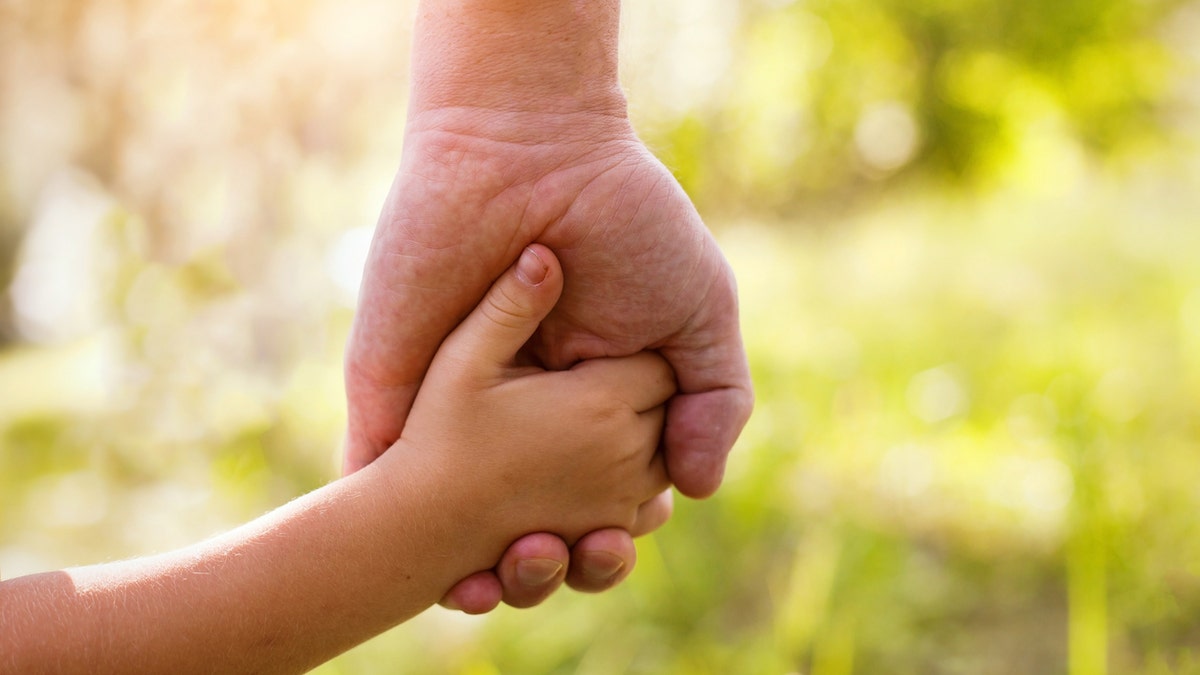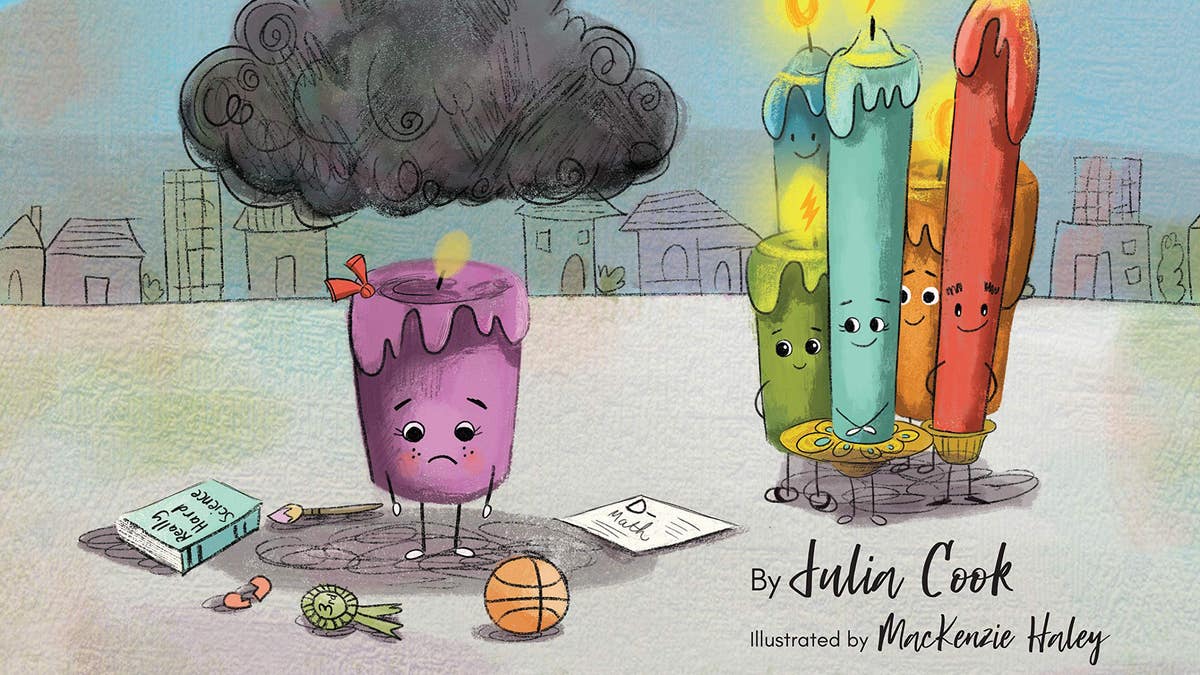
(iStock)
Blue Monday is notably the perfect storm of a day to feel hopeless. The holidays are over, the weather and nights are dark and cold, failure to complete our New Year’s resolutions becomes a reality, and the post-holiday credit card bills are piling up. Hopefulness is contagious. And unfortunately, so is hopelessness.
Hope is the feeling that what one desires will happen; an overall perception that one’s goals will be met. Hope, like oxygen, is essential to life. When we have it, it can carry us. When we don’t… we suffocate.
Our kids are in trouble, and they need hope. Suicide rates and suicide attempts in children have doubled in the last decade. An estimated 17 million children are currently facing a mental health disorder (Child Mind Institute), and depression among children is sadly common, frequently unrecognized, and occurring at younger and younger ages (American Academy of Family Physicians).
SCREEN TIME IS DOING SERIOUS HARM TO OUR TEENS
Could your child possibly be at risk? If you’ve noticed an onset of unexplained unhappiness, intense anger, or hopelessness; if you’re seeing a dramatic change in dress and/or personal appearance; if your child is withdrawing from friends and social opportunities – your child may be at risk and their hope reservoir in need of filling.

How can we keep our kids from feeling hopeless today – on the most depressing day of the year – and year round?
Here are a few tips to help:
- Make sure your children are getting plenty of screen-free, uninterrupted sleep. Screens are tempting, time-stealing monsters that love to disrupt our natural sleep cycles. Lack of quality sleep changes the chemistry of our brains and can lead to irritability, increased anxiety and depression. Have your children charge everything with a screen and online capability in a room other than their bedroom at night. Going tech-free between the hours of 10 p.m. and 6 a.m. is a priceless, hope-building gift that you can give everyone in your family.
- Limit the amount of time your children are spending on social media and in front of screens, and balance it out with real-life experiences and celebrations. When kids develop real-life hobbies, interests and skills, they gain pathways to build self-confidence and a sense of accomplishment. Excessive screen time often leads to increased dopamine levels in the brain, which tricks the brain into feeling accomplished and more successful with decreased effort. Real-life achievement requires much more effort to attain than screen time achievement. Screen time achievement paints reality as a letdown and will alter your child’s “effort in -- success out” equation. There’s a great big, wonderful world out there. Get out and experience it with your children!
- Teach your children the benefits of positive thinking and help them develop a better understanding of how negativity can affect them. Strongly encourage your children to control their inner monologues. Negative “I” statements can lead directly to a hopeless, negative attitude. Your children may not be able to control everything happening around them, but they can control how they choose to feel about it. Whenever they see a negative, guide them towards actively searching for an authentic positive. Offer strategies to figure out what’s causing their negative attitudes and help them develop ways to extinguish the source of the negativity. Though it’s not always easy, finding the source and tackling it is much more effective than just focusing on random positive thoughts.
CLICK HERE TO GET THE FOX NEWS APP
- Encourage your children to put challenges into perspective. Everything can seem like a big deal. “All-or-nothing” and “black and white” thinking can lead to decreased self-confidence, depression, anxiety, and/or anger. Have your children ask themselves, “Is this a catastrophe I can do nothing about, or is this a bump in the road that requires problem-solving or a different course of action?” Most of the time, it’s a bump in the road that can be addressed with the right support and creative problem-solving.
- Finally, encourage your children to not become overwhelmed by the big picture. Have them ask themselves, “Will this really matter in one year, five years, or 10 years?” Instead, help them focus on the next two or 24 hours.
Always keep in mind, your children are watching you. You are your child’s coping instructor! How you are you doing? Are you providing your kids with genuine affection, kind words, hugs, love and positive physical and emotional nurturing? Are you a hope builder? If so, your Blue Monday won’t seem as blue.








































